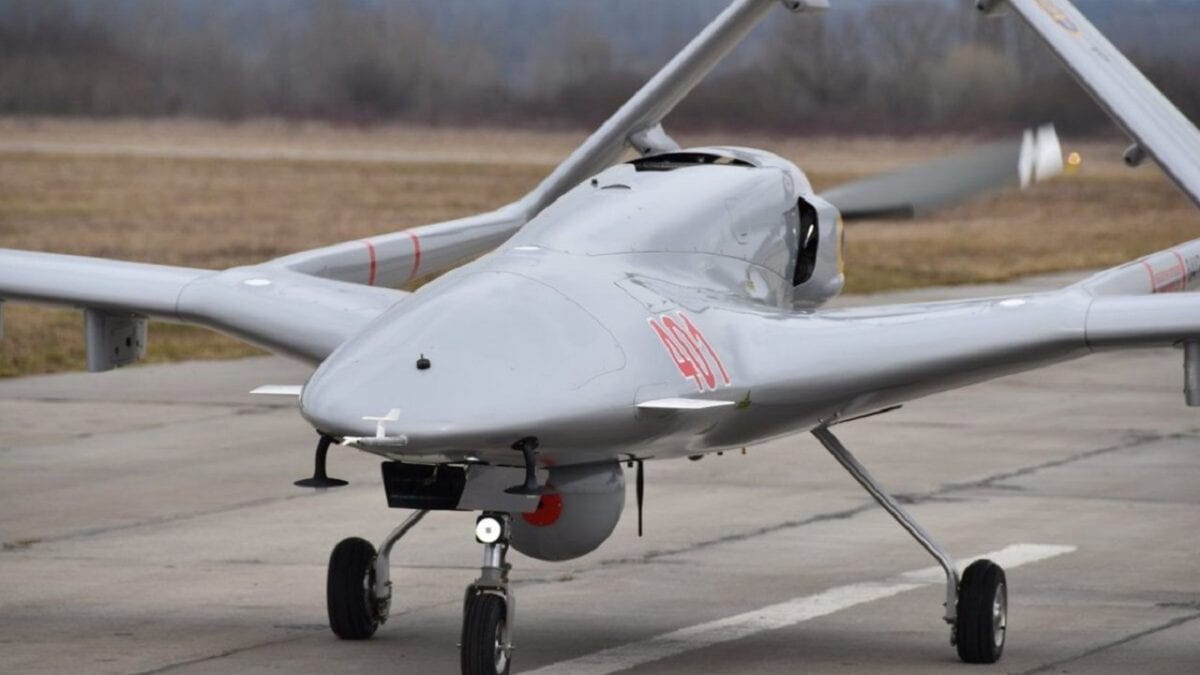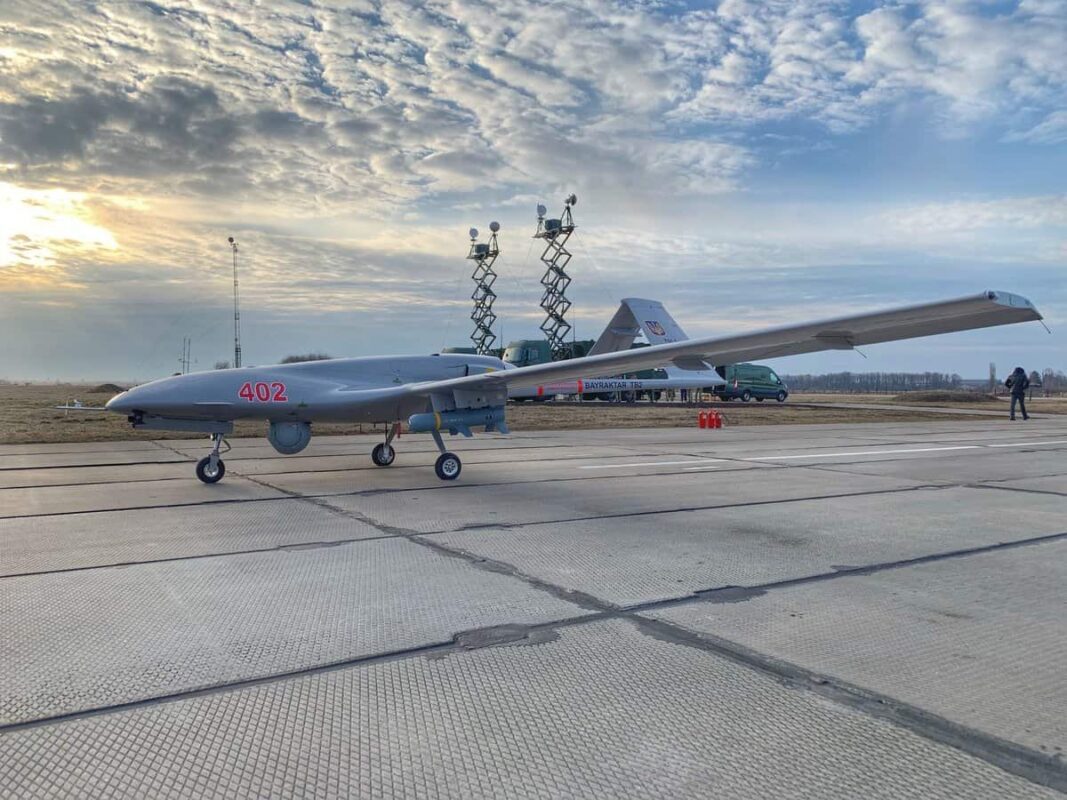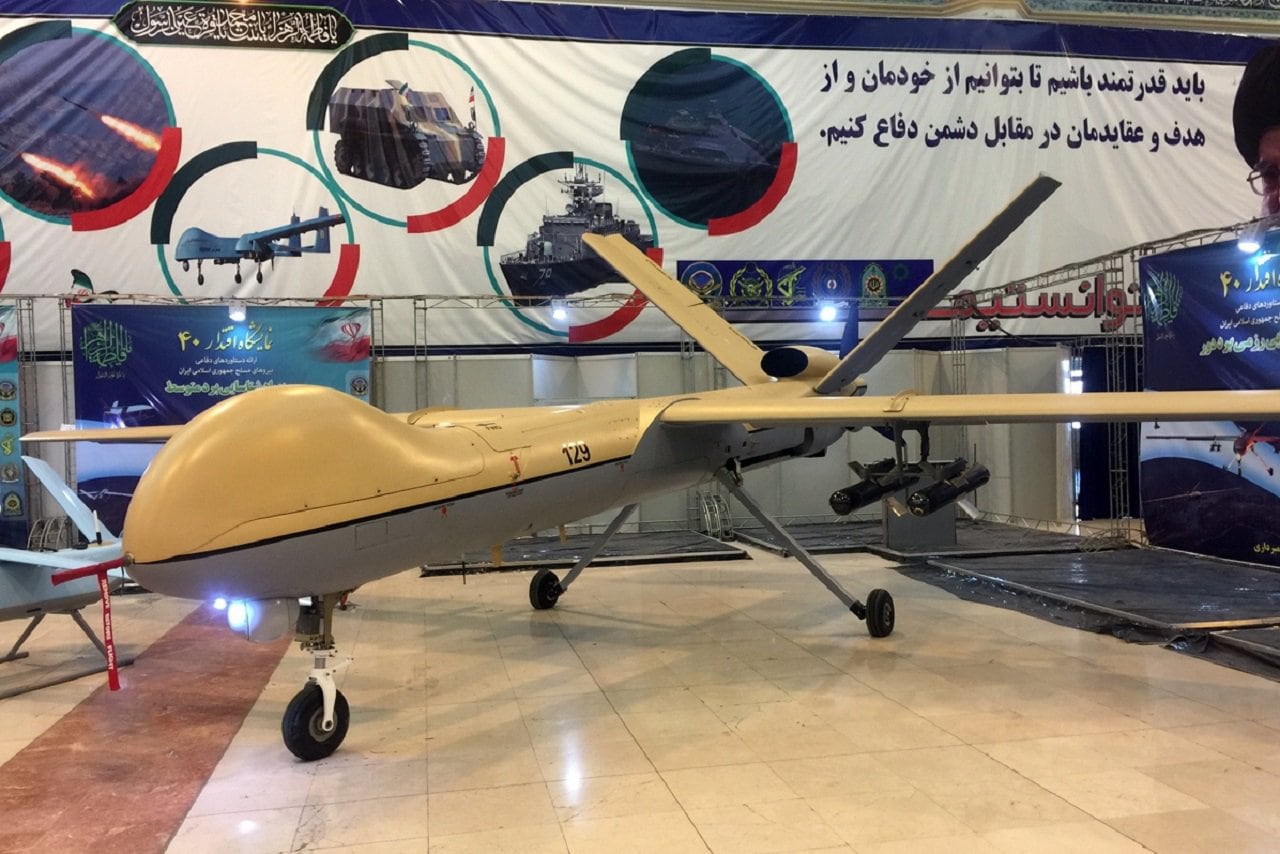On Monday, Iranian officials revealed that its military had launched a two-week-long drone competition alongside Russia, Belarus, and Armenia. Dubbed the 2022 Falcon Hunting tournament, this latest collaborative event between the four historically cordial countries aims to display the performance of various unmanned aerial vehicles (UAVs).
Islamic Revolutionary Guards Corp (IRGC) Brigadier General Ali Bilali told Iranian-state media that over 70 soldiers from the four countries would participate in the event, which includes four drone divisions comprised of aerial reconnaissance, air support, and correction of artillery fire, and reconnaissance at night and constant reconnaissance. As the seventh series of the competition since its 2015 launch in Moscow is underway, drone warfare is taking shape across the globe.
The Falcon Hunting Tournament Commences
This year’s Falcon Hunting tournament is hosted by the aerospace division of the IRGC, which is responsible for developing and operating the country’s ballistic missiles. The tournament is being held near Kashan, where many of the regime’s drone-related activity unfolds.
In June, the White House announced that a Russian delegation visited Iran’s Kashan airfield twice to examine various armed drones. The Biden administration released satellite imagery depicting the meeting on the airfield, in addition to capturing images of both Shahed-191 and Shahed-129 drones. As the center of Iran’s drone program, it makes sense that the tournament is taking place in Kashan.
A top adviser to the IRGC’s aerospace chief and the Falcon Hunting tournament’s spokesman said the event would be judged “based on performance and consistence in aerial reconnaissance during both day and night, in addition to how the UAVs could help guide precise artillery fire,” according to Al Jazeera. The adviser added that the objective of the competition was to communicate a “message of peace and friendship and the Islamic Republic of Iran’s joint cooperation with other countries to counter global terrorism.”
Alliances Form and Strengthen in the Region
As the Biden administration has prioritized the need for a joint air defense alliance with U.S. Gulf partners and Israel in recent months, Iran has been further isolated. The regime’s escalatory behavior in the region, including through its proxies, has helped form the anti-Iran defensive coalition that is emerging.
Iran has turned to the similarly rogue Russia to create a buffer to the U.S.-led axis. A few weeks after the White House released information regarding the Russian delegation viewing Iran’s armed drones at Kashan airfield, the State Department announced that it believed Iran’s military had already begun training Russian Forces on how to use the drones.
Russia Could Use Iranian-Supplied Drones in Ukraine
“During the last several weeks, Russian officials conducted training in Iran as part of the agreement for UAV transfers from Iran to Russia,” an unnamed US official told CNN. The White House accused Moscow of procuring these armed drones from Tehran to support its war efforts in Ukraine when it first learned of the arms sale. The latest news validates that this suspicion was astute, and that Russian Forces will likely use these drones imminently in its ongoing invasion.
Although drones have existed for decades, their use in modern conflict really took off during the 2020 war between Armenia and Azerbaijan over the disputed Nagorno-Karabakh region. As outlined in a previous 19FortyFive article, “Russian, Turkish, Israeli, and native-designed UAVs performed reconnaissance and strike missions throughout the 44-day conflict. Many analysts perceive that without the help of Turkey’s advanced TB2 drones and Israeli IAI Harop loitering drones, Azerbaijan would not have been as successful as it was.”
Turkey’s Bayraktar drone has also played a pivotal role in the Russian-Ukrainian war. This sophisticated and lethal tool was acquired by Ukraine in 2019, prior to Moscow’s invasion. Ukrainian troops have used the TB2 drones to deliver close air support and fire in depth against Russian troops, which has been instrumental in impacting Russia’s offensive position.

Bayraktar TB2 Drone of the Ukrainian Air Force.

TB2 Drone. Image Credit: Creative Commons.
While Tehran is likely using the Falcon Hunting tournament to strengthen its perceived partnership with Moscow- in addition to Belarus and Armenia- the Kremlin is perhaps more interested in acquiring the drone technology needed to counter Ukraine’s more sophisticated stockpile of UAVs. Ultimately, this ongoing drone tournament could impact the future of the Russian-Ukrainian war.
Maya Carlin is a Middle East Defense Editor with 19FortyFive. She is also an analyst with the Center for Security Policy and a former Anna Sobol Levy Fellow at IDC Herzliya in Israel. She has by-lines in many publications, including The National Interest, Jerusalem Post, and Times of Israel.

